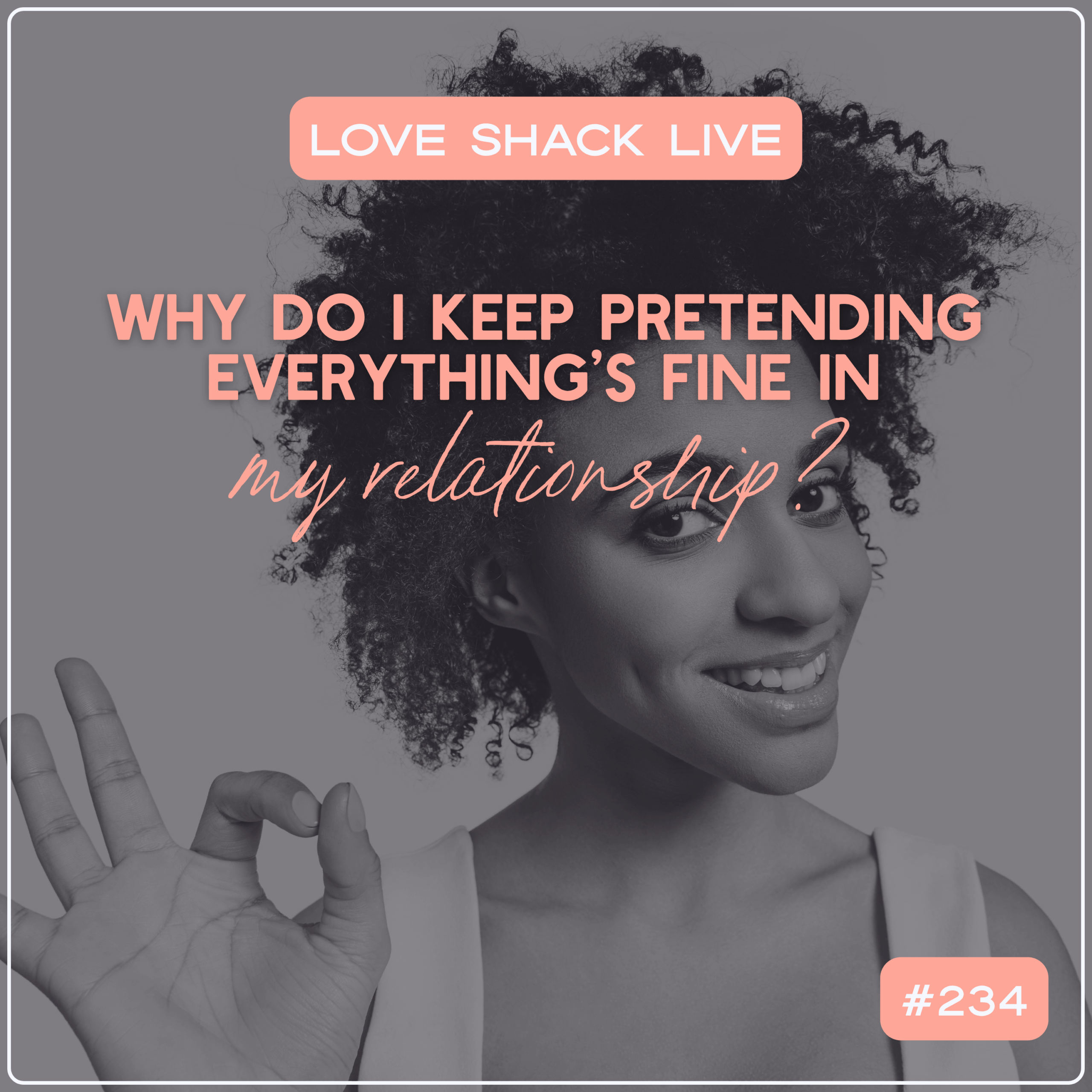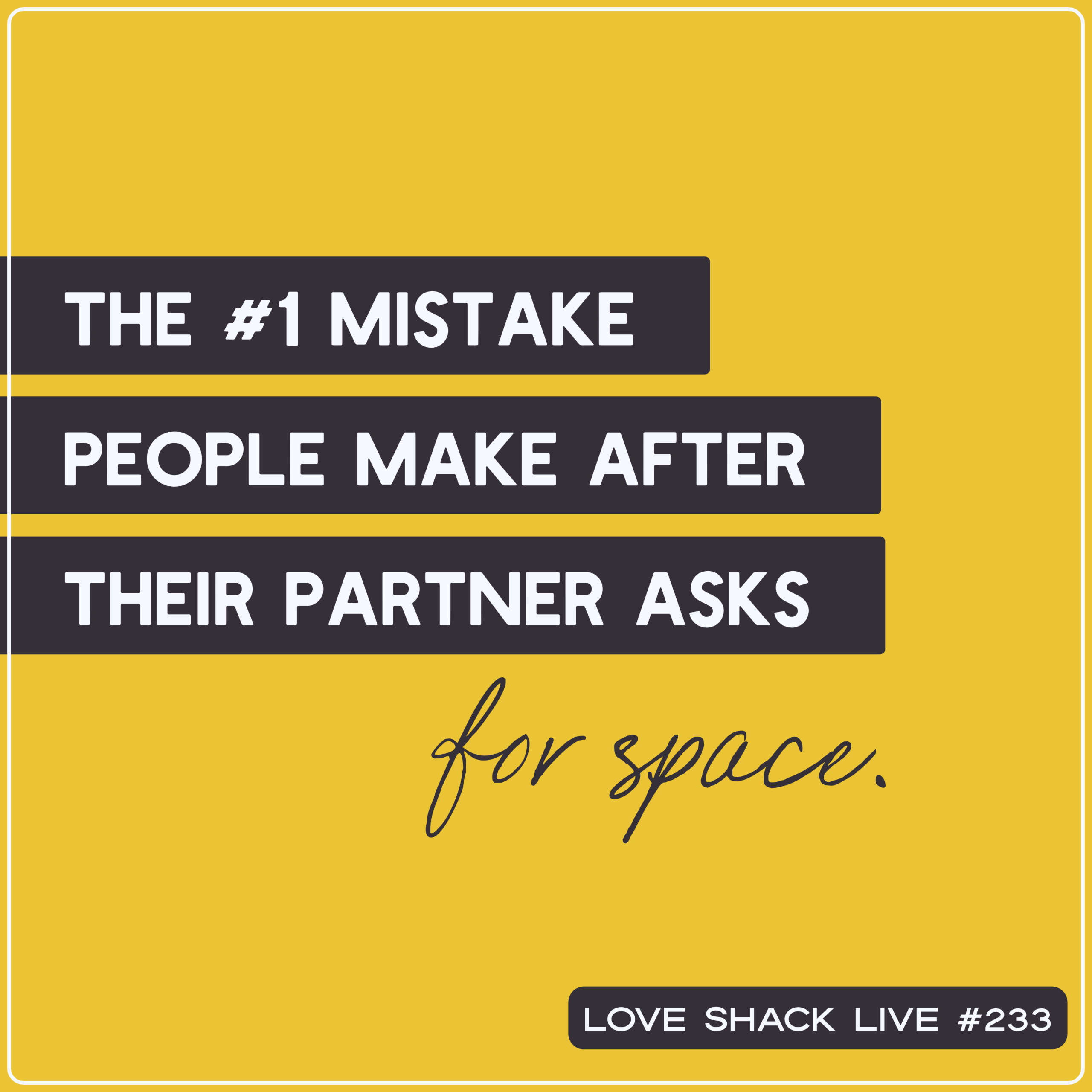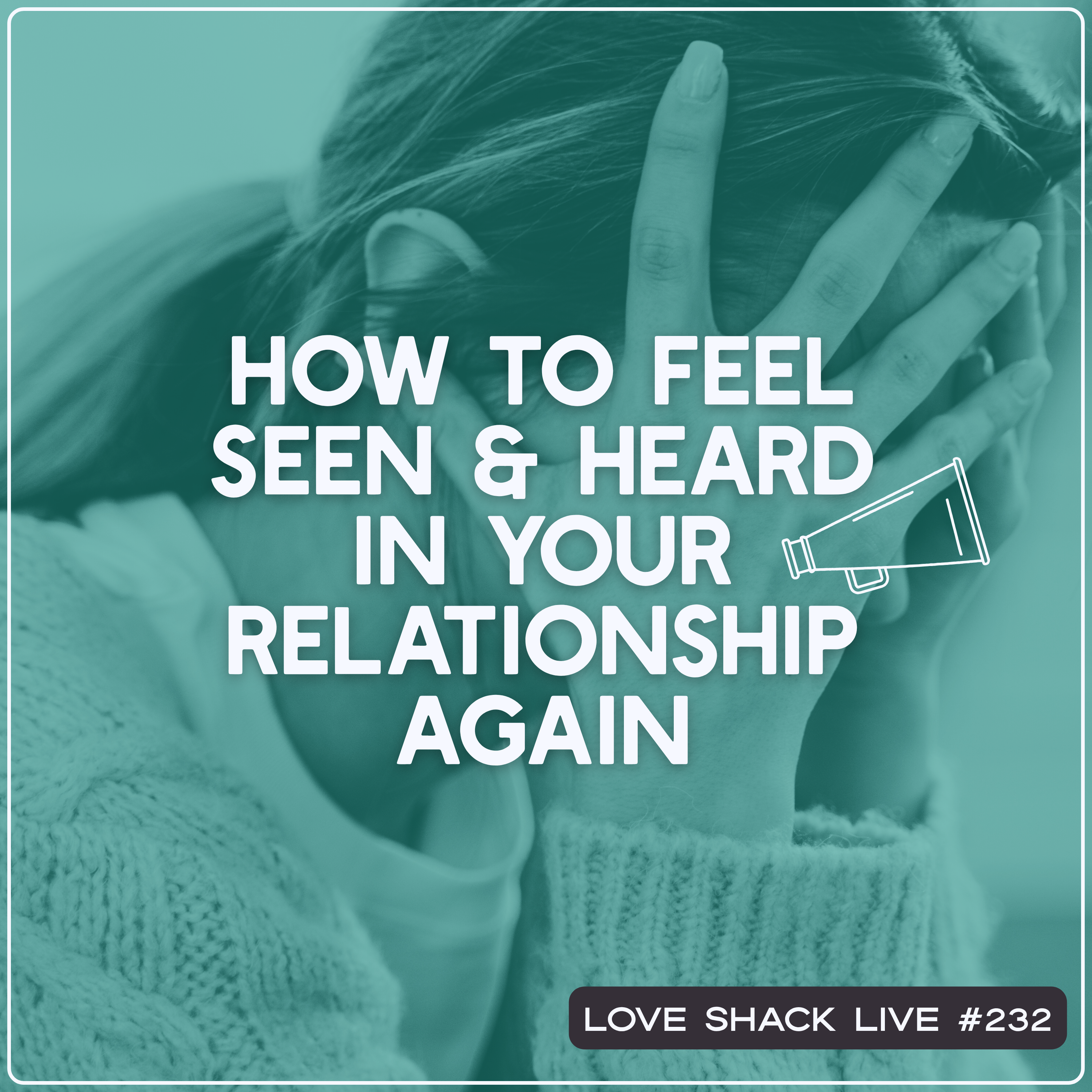
Relationships are hard.
We all know that relationships take work, but it’s not always clear what we should be keeping an eye on to know whether or not our relationship is healthy.
In today’s episode, we’re going to teach you our simple formula for getting your relationship back on track when you feel the connection between you and your partner atrophying, and share how you can tell when your relationship health needs a boost.
Hi! We are Staci & Tom Bartley and we help committed couples rescue their relationships so they can finally create long-lasting love without having to spend hours analyzing their past, beating themselves up, or feeling like they are making no progress. We do this via sharing our unique frameworks, teaching new tools and skills, one on one sessions, and through our signature courses Relationship Rescue and Love For A Lifetime.
When it comes to our relationships, it can be overwhelming when trying to figure out what to do in order to make them better.
Most of us don’t know how to go about doing this, because we’ve never been taught. So when we feel like our relationship is slipping away from us, we usually say things like “Hey, we need to talk!” or “You’re never home anymore!” without realizing that these statements usually turn into fights.
The good news is that there is a way to avoid this. And the secret lies in how you are looking at the situation. What you may not realize is there is a void between where you are, and where you desire to go.
Recognize and accept that relationships take work.
One of the best things you can do for your relationship is to accept that relationships take work. This means that you will need to put in the effort if you want to make things better.
It’s not always going to be easy, but it’s worth it. So make sure you are both committed to working on your relationship, and be patient. Rome wasn’t built in a day, and your relationship won’t be fixed overnight either, and that’s ok!
Keep an eye on the void between where you are, and where you desire to go.
The best way to figure out if your relationship needs a boost is to keep an eye on the void between where you are, and where you desire to go. This means that you need to be aware of the areas in your relationship where you are struggling.
The difference between viewing this void with a “get to” and adding some understanding and skills, versus thinking of it as a “have to” and doing a lot of mind-reading and guessing, is huge. If you can get into this mindset, then you too can experience a deeper connection in your relationship.
So make sure you are taking the time to talk to your partner about your relationship and be honest about where you are struggling. This way you can work together to find a solution that works for both of you.
Understand how relationships really work.
In order to have a healthy relationship, it’s important that you understand how relationships work. This means learning about the different stages that couples go through, and what to do in order to make sure your relationship is successful.
It’s also important to be aware of the common challenges that couples face, and how to handle them constructively.
Last but not least, you need to know the most important thing that you need to keep an eye on in order to maintain the health of your relationship. So make sure you are taking the time to learn about all of this, so you can apply it in your own relationship and have the love you always wanted.
We hope that this episode has helped you to understand the importance of keeping an eye on your relationship health, and provides you with some useful tips on how to do so. If you are committed to making things better, then be patient and keep working at it. The results will be worth it!
Thank you for tuning in!
Links mentioned in show:
- Get on the book list so you can stay up to date here: lifetimeoflove.me
- How To Stop A Fight In 20-Seconds Or Less. Get Your Free Cheat Sheet Here.
- Relationship Check-up – tired of re-hashing your issues with your partner without making progress? Schedule your check-up today!
- Get on the fun list here.
- Check out our Love Shack Live Playlist for all the songs we play on the show.




